
Causes of Calf Leg Pain
Everyone who ever tried to jog or run had some calf issues. Even professional athletes have the same problems. The problem can be a muscle strain, pull or in some cases even tear of the calf muscle. Doctors differentiate upper and lower calf leg pains and also grade the pain based on the seriousness of the muscle damage.Many people experienced calf leg pain. Your age or sex doesn’t have anything to do with the pain, but the level of your physical activity does. If you have been running or jogging, that might be the cause of your calf leg pain. Sometimes, this happens because of your inadequate running techniques or the surface you were running on. Other times, it can be that your running shoes should be replaced or cushioning changed.
Calf leg pain might also be caused by pulled calf muscle during some physical activity. Slipping on the floor while exercising may lead to pulling and straining of the calf muscle, which usually cause intense pain in the lower part of the leg.
Some people are used to train hard, and because of that they sometimes end up over-trained and experience calf leg pain. It could happen to runners or any other athletes, and their calf muscles just couldn’t endure that much pressure and exercise. Over-training is frequently associated with cramps and the pain in the calf leg muscle.
If you ever seen a race you will remember that athletes don’t stop when they finish the race but keep on running in lower tempo or walking for some time after the finish. That’s because professional athletes know that if they stop suddenly after such intestine physical activity, they might end up with the calf stiffness and pain. This can also happen after some other hard training, and may be prevented by stretching or massaging your calf muscles.Other possible causes of calf leg pain include: Achilles tendonitis or tendon rupture, Baker’s cyst and sometimes varicose veins and atherosclerosis.
Treatment of Calf Leg Pain
Specialists always recommend the RICE method for calf injuries. RICE stands for rest, ice, compression and elevation and these are the recommended actions for calf problems.When you have this type of injury is always advisable to rest. Place your leg on the chair and apply some cold packs or ice cubes on the affected area. Compress the injured calf using the appropriate bandage and elevate your leg while sleeping.
Mild calf injuries are usually resolved after few days, but some more serious cases that last longer than that should be treated by your doctor.


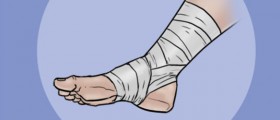
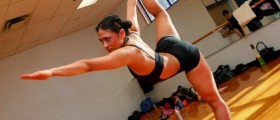
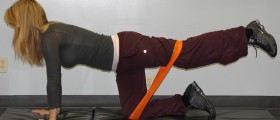

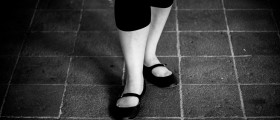

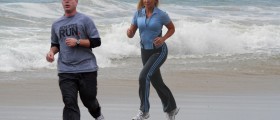


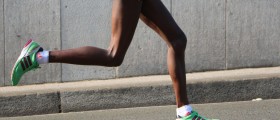

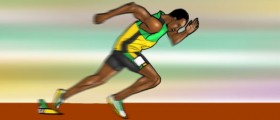
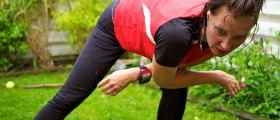

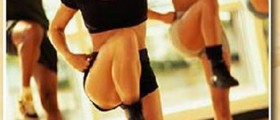
Your thoughts on this
Loading...